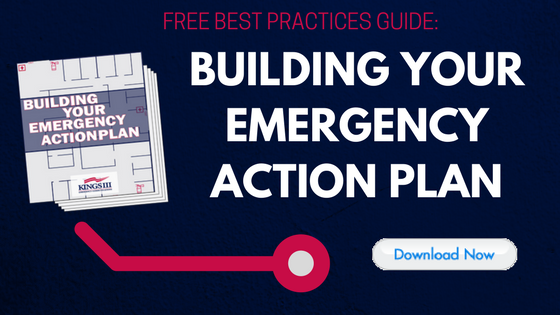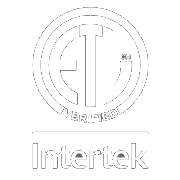BLOG CATEGORIES
How is Your Premise Liability Law IQ?
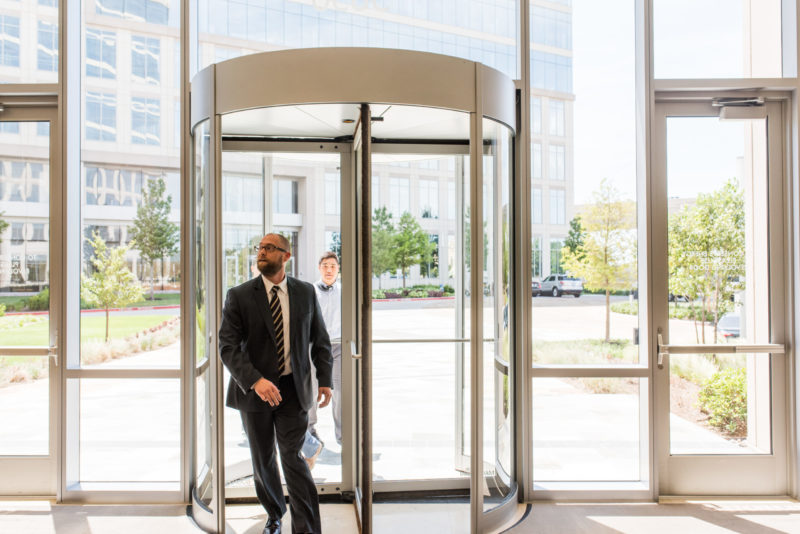
As someone in a building management role, you’re already well aware of premise liability, but how dialed in are you to the A-To-Z of it? Hopefully this blog post will help:
First, let’s define a premises liability lawsuit.
According to the Justia law website: a premises liability lawsuit holds a property owner responsible for any damages arising out of an injury on that person or entity’s property. In all states, owners that occupy a property must make a reasonable effort to maintain a safe environment for visitors to it. Failure to keep the property safe for visitors results in “premises liability.”
Find out how to improve safety and reduce costs at your property
Our best-in-class emergency phone + monitoring solutions provide peace of mind and are backed by decades of expertise
Learn More
2024 ELLIES WINNER
Best Supplier -
Communication System
Most common premise liability cases
Here are the most common types of premise liability cases, according to the law firm of Warren McGraw & Knowles LLC:
- Slip and fall accidents
- Failure to maintain the premises allowing, liquid, debris or ice to accumulate
- Dog bites and animal attacks
- Sidewalk or roadway defects
- Poorly lit stairs, steps, or parking areas
- Falling debris or hanging hazards
- Carbon monoxide leaks
- Ice covered steps or walkways
- Negligent security or maintenance
- Amusement park accidents
- Construction site accidents
- Unsafe elevators & escalators
First thing to do: check your insurance.
Of course, you know how important it is to have property insurance, specifically commercial general liability insurance. Most policies will cover injuries that occur on your property, but never assume. If you are found to be negligent, the insurance should cover the injured person’s damages. This could include medical expenses, loss of wages, and pain and suffering. What makes a property owner negligent? Failing to make the property safe.
The victim of negligence on a commercial property must be able to show that it was the property owner’s negligence that led to the injury. Keeping your property safe is, therefore, your number-one priority. Remember that the law is not unreasonable when it comes to holding you responsible, but the more precautions you take, the stronger your case may be. According to Michael LoGiudice, LLC: an owner is considered negligent if they have not exercised a reasonable amount of care in keeping the property free from preventable hazards.
Another way to take extra steps in providing safety and help: an emergency communications system.
Unfortunately, accidents are going to happen, as you well know. You need to show that you have given those accidents much thought, in advance. In addition to the precautions that you take to keep your property safe, consider a top-quality emergency communications system that helps reduce your risk and liability in the unfortunate event that things do go awry. All Kings III phones are fully ADA and ASME compliant, and every phone call is digitally recorded, date/time stamped and permanently stored automatically. We make this available upon request- invaluable for event verification, reporting, and potential litigation. Speaking of insurance, ask how your property can be named an Additional Insured under our multi-million-dollar liability, E&O and umbrella insurance policies.
At Kings III, we offer a turnkey emergency phone solution that is created solely to help you, your staff, tenants, and visitors in an emergency – any emergency. Should somebody come to harm on your property, a stationary fixed phone will be available nearby, ready to get help.
No need to know your location – your address is already logged in, so there is no time wasted or confusion.
We provide a professional call center with staff that are on duty and ready for you 24/7/365. Never a busy signal or a wait time. Never a dropped call, or a weather-related service stoppage. Your call will always be handled promptly and accurately.
Kings III dispatch operators are Advanced Emergency Medical Dispatch (AEMD) certified, Red Cross CPR trained, and HIPAA compliant. AEMD certification is a further and higher form of training than what is currently required by all 911 dispatch centers require this certification for their dispatchers. However, it has become the benchmark for all EMD training programs, as it is such an effective training method. Our operators receive both initial and ongoing training. This will maximize your tenants’ safety in the event of an emergency.
Kings III has been in the emergency monitoring sector for decades. You get your choice of a number of emergency monitoring services and maintenance plans that will serve your property well.
Find out more about how Kings III Emergency Communications can help you by reaching out to one of our experts.
CATEGORIES TAGGED
CATEGORIES
KEEP LEARNING
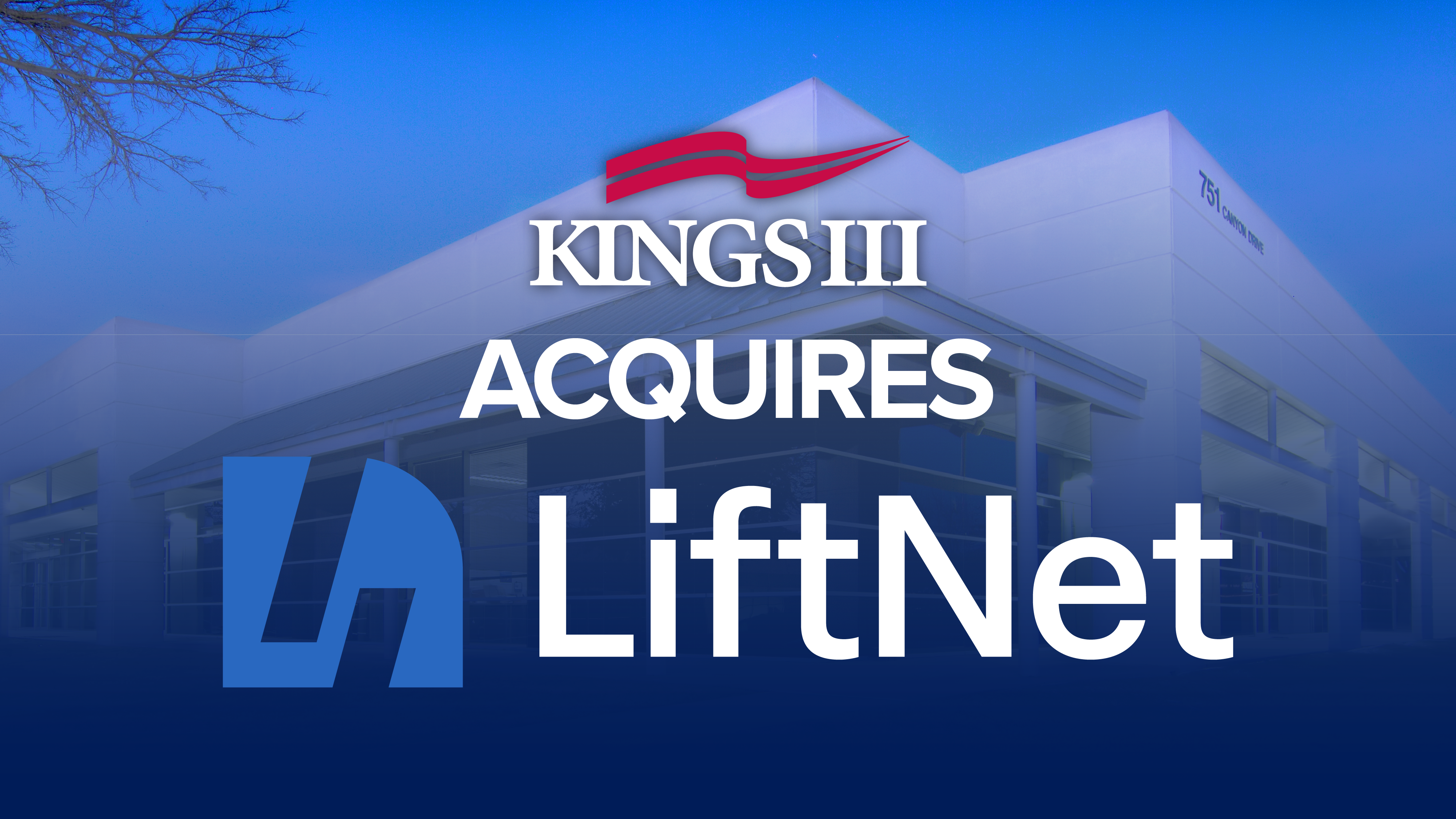
Kings III Acquires LiftNet, Advancing Connected Safety & Remote Monitoring in Elevators and Escalators
Kings III Emergency Communications partners with Wurtec to enhance elevator video messaging systems, addressing new code requirements for two-way displays and video monitoring. The collaboration combines Kings III's emergency response expertise with Wurtec's industry solutions to provide streamlined, compliant elevator safety communications nationwide.
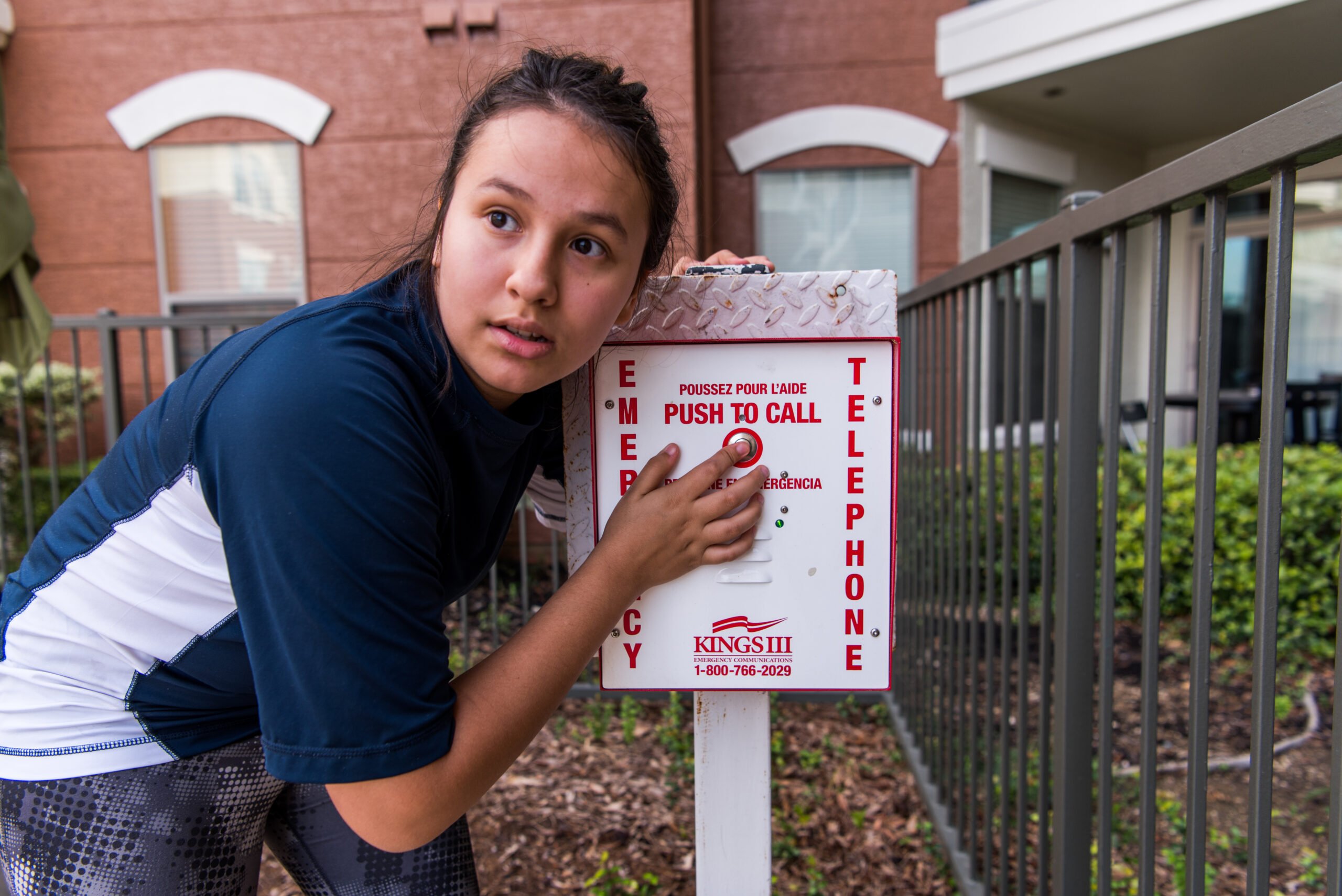
Is Your Pool’s Emergency Phone Compliant? Here’s How to Check (And What to Do If It Isn’t)
Is your pool’s emergency phone truly compliant and ready when it matters most? A reliable, code-compliant emergency phone is more than a regulatory requirement—it’s a critical lifeline that ensures immediate access to help during emergencies. This guide walks you through how to check compliance, properly test your phone, and take the right steps if it doesn’t meet current standards. Whether you're ensuring your current system is up to code or exploring a more dependable solution, we’ll help you navigate the process and safeguard both safety and liability.

8 Women Who Shaped the Future of Emergency Response & Dispatch
This Women’s History Month, Kings III is honoring the women who have paved the way in emergency response and dispatch. From breaking barriers in EMS to pioneering advancements in emergency communication, these trailblazers have helped shape the way lifesaving services operate today. See eight influential women whose contributions continue to impact the field and inspire future generations.

Honoring Black Pioneers: 7 Influential Figures in Emergency Communications & Response
This Black History Month, Kings III is honoring Black men and women who served as pioneers in the fields of emergency dispatch and emergency response. See 7 influential trailblazers who broke barriers, advanced life-saving technologies, and shaped the way emergency services operate today.

How Recent Spikes in Copper Theft Threaten Your Emergency Communication & What You Can Do About It
Rising copper theft is putting emergency communication systems at risk, leading to potential service outages. Without a reliable backup, property managers may face compliance issues and safety concerns. Learn more about the threat and how a cellular solution can help protect your property.
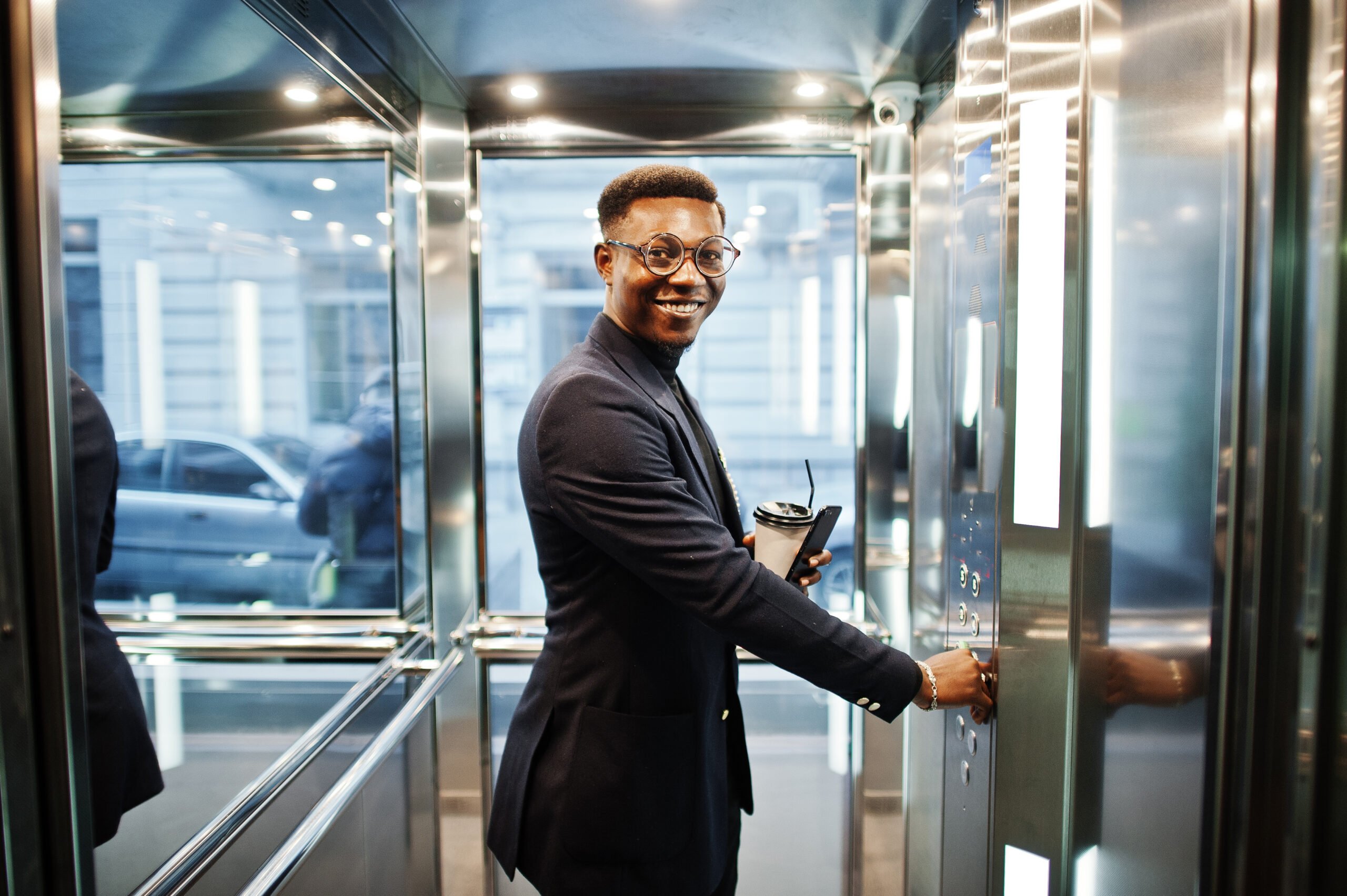
Is Your Hotel’s Emergency Communication System Up to Code?
Hotel emergency communication systems must meet strict safety and compliance standards, but are yours up to code? From elevator phones to pool and parking lot emergency call systems, we break down key requirements and how to ensure your property stays compliant.
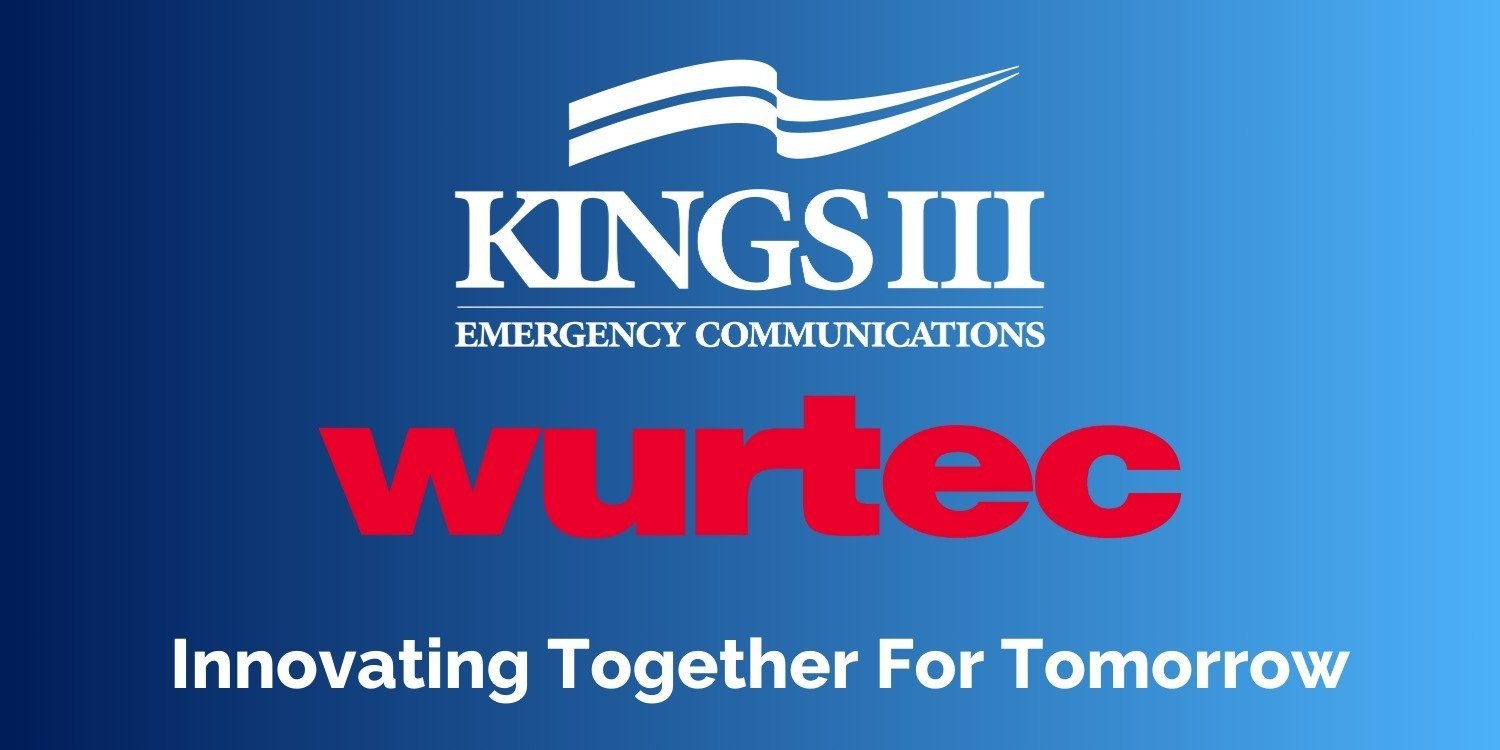
Kings III & Wurtec Partner to Improve the Emergency Communication Market of Elevator Video Messaging Systems
Kings III Emergency Communications partners with Wurtec to enhance elevator video messaging systems, addressing new code requirements for two-way displays and video monitoring. The collaboration combines Kings III's emergency response expertise with Wurtec's industry solutions to provide streamlined, compliant elevator safety communications nationwide.
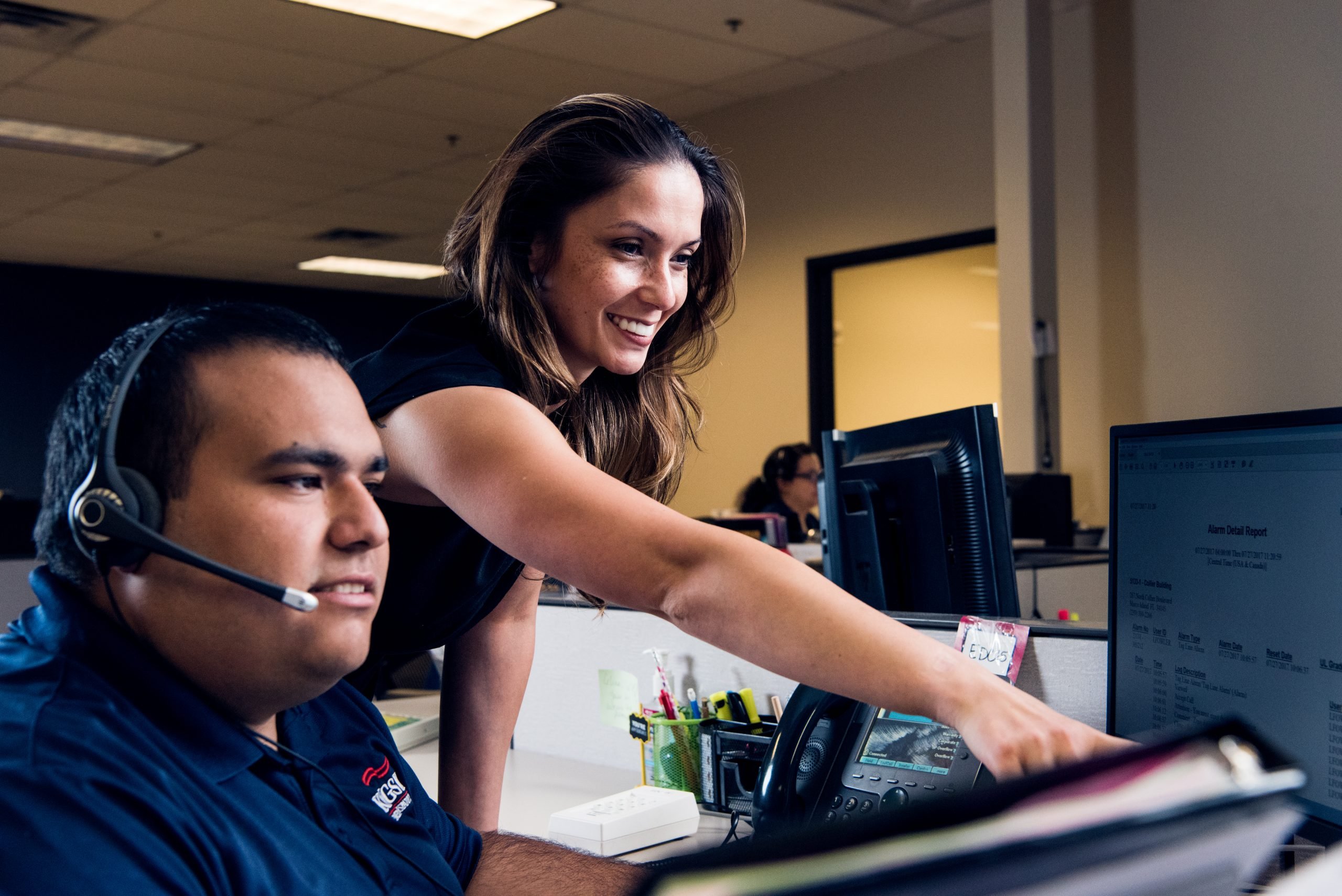
Updated Elevator Code: Who are my Authorized Personnel?
Confused about who qualifies as "authorized personnel" under the new ASME 17.1 elevator code? Learn why the same authorized staff must monitor all emergency communications—audio, video, and messaging—and why split monitoring solutions won't meet compliance requirements for your building's safety system.

What an Emergency Dispatcher will Most Likely Ask You
When suddenly faced with an emergency, you may immediately feel frightened and helpless. An emergency communications system can help reduce or eliminate those reactions by providing immediate assistance. Here's what you can expect on the other side of a call you place from an emergency phone.


